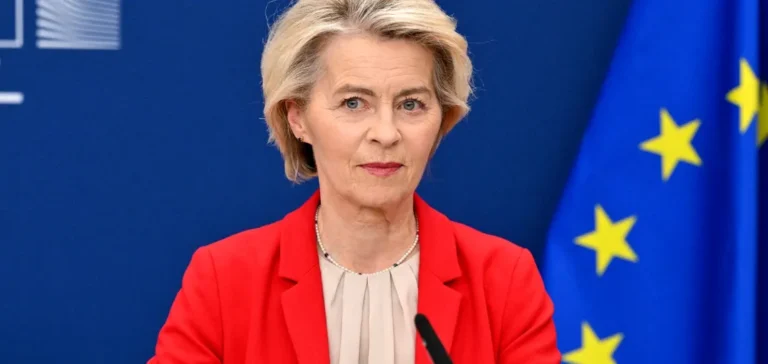The permanent representatives of European Union member states have taken a decisive step towards adopting an eighteenth package of sanctions against the Russian Federation. According to four sources familiar with the matter, all components of the proposal were validated during a meeting, except for a technical reservation expressed by one member state. Discussions have intensified in recent days, reflecting the member states’ intention to increase economic pressure on Moscow.
Towards a new dynamic capping mechanism
The main progress concerns the lowering of the cap on the price of Russian crude oil, a measure initially introduced by the Group of Seven (G7) in December 2022. The new proposal includes a dynamic mechanism based on an automatic calculation of 15% below the average price of a barrel of crude oil over the previous three months. According to information gathered from negotiators, the initial cap price would be set at around $47 per barrel, based on the average prices recorded over the last 22 weeks, adjusted according to the new calculation method.
This approach is designed to allow the European Union to adapt its restriction tools more rapidly in line with global oil market fluctuations. The cap will now be reviewed every six months, instead of three, as initially proposed. A diplomat, speaking on condition of anonymity, stated that the objective is to maintain pressure on Russia’s energy revenues while taking market developments into account.
Impact on the gas sector and target expansion
Negotiations also addressed Slovakia’s request for guarantees regarding the gradual reduction of Russian natural gas supplies. According to the sources, the country accepted the measures after receiving additional assurances from the European Commission. The package also includes restrictions on transactions related to the Nord Stream pipelines and certain financial networks suspected of enabling sanctions circumvention.
A notable addition is the inclusion on the sanctions list of a Russian-owned refinery located in India, two Chinese banks, and a flag registry. This extension further limits the Russian Federation’s ability to use intermediaries for hydrocarbon exports and to deploy its so-called “shadow fleet”.
Unanimity required and next institutional steps
Formal adoption of the package requires unanimity among European Union member states. A definitive agreement could be reached as early as the day before a meeting of foreign ministers, during which the text would be officially approved. Existing measures already prohibit the transport and insurance of Russian crude oil shipments sold above the threshold, as well as any transaction exceeding the set cap.
The European Commission presented this new package of sanctions in early June, with the aim of further reducing Russia’s energy revenues. “The aim is to adjust the tools available to the Union to follow developments on the international energy market,” a European source told Reuters on July 14.






















